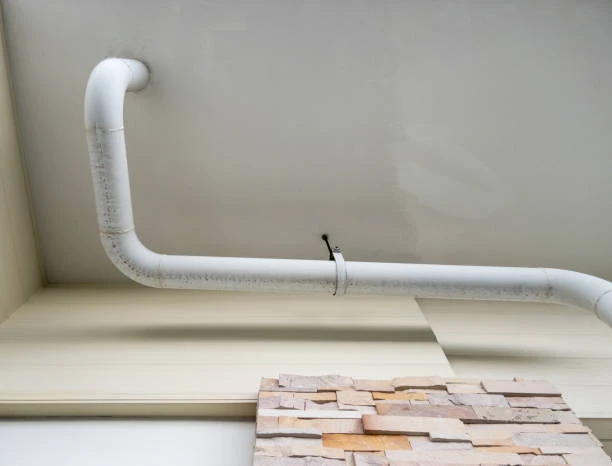Introduction
Choosing the right piping material for your project can make all the difference in performance, durability, and cost. GB/T 18993 CPVC Pipe(Chlorinated Polyvinyl Chloride) and UPVC Pipe(Unplasticized Polyvinyl Chloride) are two popular options, each with its own set of advantages and drawbacks. Let’s break down the essential factors to consider when making your choice!
Understanding GB/T 18993 CPVC and UPVC
What is GB/T 18993 CPVC?
CPVC is a thermoplastic that can withstand higher temperatures than regular PVC. It’s often used in hot water applications due to its excellent thermal resistance.
What is GB/T 18993 UPVC?
UPVC is rigid and commonly used in construction, plumbing, and drainage systems. It’s less expensive than CPVC but is more suited for lower temperature and pressure applications.
Key Considerations for Choosing Pipes
Temperature and Pressure Requirements
- CPVC: If your project involves hot water lines, CPVC is your best bet due to its ability to handle temperatures up to 200°F (93°C).
- UPVC: Suitable for cold water and drainage systems, UPVC is generally rated for lower temperatures (up to about 140°F or 60°C).
Chemical Exposure
- CPVC: Great for environments where chemical exposure is a concern, such as in industrial settings.
- UPVC: Resistant to many acids and bases but may not hold up as well in highly corrosive environments.
Installation Environment
Consider where the pipes will be installed. CPVC can be used both indoors and outdoors, but UPVC is often preferred for exterior applications due to its UV resistance.
Cost Considerations
Initial Costs vs. Long-Term Savings
- CPVC: Typically more expensive upfront but may save you money in the long run due to its durability and thermal resistance.
- UPVC: Usually cheaper to purchase and install, making it a good option for budget-sensitive projects.
Cost of Installation
Installation costs can vary based on the complexity of the job and local labor rates. CPVC may require more specialized skills, potentially increasing labor costs.
Durability and Lifespan
Lifespan of GB/T 18993 CPVC vs. UPVC
Both types of pipes can last over 50 years with proper care, but CPVC generally holds up better under high-temperature conditions.
Maintenance Requirements
Both CPVC and UPVC are low-maintenance, but periodic inspections can help identify any issues before they become significant problems.
Applications of GB/T 18993 CPVC Pipe and UPVC Pipe
Best Uses for CPVC
- Hot water plumbing
- Industrial applications
- Chemical processing
Best Uses for UPVC
- Drainage systems
- Soil and vent pipes
- Electrical conduits
Environmental Impact
Recycling and Disposal Options
Both CPVC and UPVC can be recycled, although the processes may differ. Check local regulations for disposal methods to ensure you’re being environmentally responsible.
Installation Process
Ease of Installation for GB/T 18993 CPVC
- Requires specific solvent cements
- Should be done by trained professionals to ensure proper sealing
Ease of Installation for GB/T 18993 UPVC
- Also requires solvent cement, but generally easier to work with for DIY projects.
Conclusion
In summary, choosing between GB/T 18993 CPVC Pipe and UPVC Pipe depends on your project’s specific needs. If you require heat resistance and durability, go with CPVC. For cost-effective solutions in drainage or lower-temperature applications, UPVC is a smart choice. Consider the factors outlined above to make an informed decision!
Frequently Asked Questions
1. Can CPVC be used for cold water applications?
Yes, CPVC can be used for both hot and cold water applications.
2. Is UPVC suitable for drinking water?
Yes, UPVC is safe for drinking water, but local regulations should be followed.
3. What’s the lifespan of CPVC and UPVC pipes?
Both can last over 50 years with proper installation and maintenance.
4. Are CPVC and UPVC pipes easy to install?
Both require solvent cement for installation, but UPVC is generally easier for DIY projects.
5. Which pipe is more cost-effective for drainage?
UPVC is usually more cost-effective for drainage systems.

















